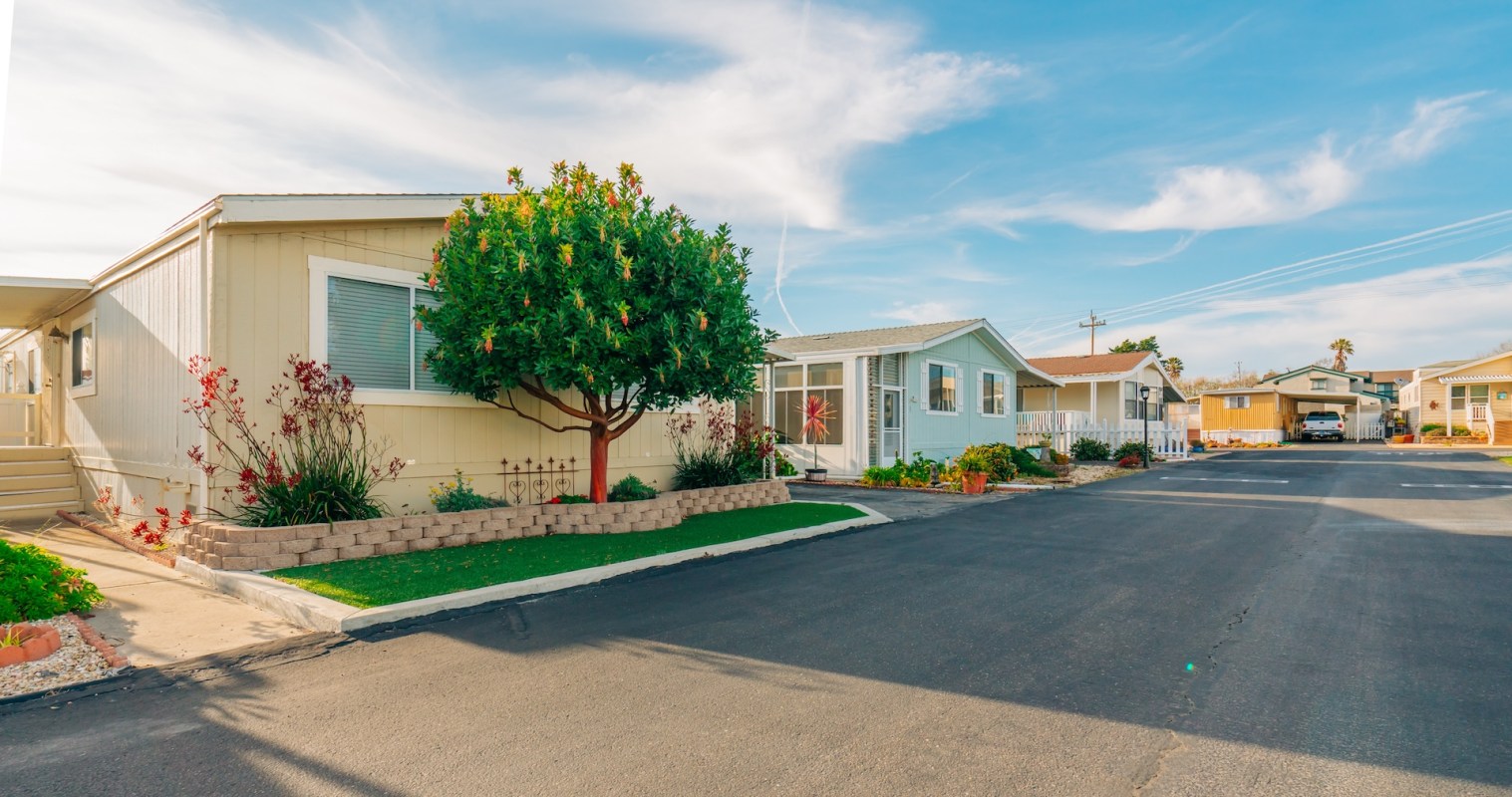One Vermont community turned a neglected trailer park into an affordable housing community — and proved you can achieve net-zero energy on a budget, Affordable Housing Finance reported.
"Net zero" is the goal for budget-conscious and eco-friendly homeowners who want their houses to generate as much electricity as they use from clean sources such as solar. By providing their own power, they can cut out electricity costs.
They also significantly reduce the amount of heat-trapping gases produced by their homes, since they're not relying on gas or electricity generated by polluting power plants.
McKnight Lane in Waltham achieved net-zero energy by equipping each of the development's 14 modular homes with a 6-kilowatt solar panel system and a matching battery, Affordable Housing Finance said. The homes were also built with extra insulation, EnergyStar appliances and fixtures, cold-climate heat pumps, and triple-pane windows to minimize the energy being used.
"Nearly half of Addison County renters are burdened by their housing costs, paying more than a third of their incomes in rent and utilities," Elise Shanbacker, executive director of Addison County Community Trust, which developed the project alongside Cathedral Square, told Affordable Housing Finance. "Not only is McKnight Lane affordable to low-income Vermonters, the net-zero homes with resilient Sonnen energy storage systems ensure residents won't have to choose between purchasing groceries or paying their fuel bill to stay warm this winter."
If you expect these futuristic two- and three-bedroom homes to come with a hefty price tag, think again. The entire development cost $3.7 million when it was completed in 2016, or less than $265,000 per house. According to the Burlington Free Press, the median house price in Vermont in 2016 was $223,700 — and that was for preexisting homes, which are cheaper than building new homes.
The homes were funded by community donors and low-income housing tax credits allocated by the Vermont Housing Finance Agency, Affordable Housing Finance reported. They were made available to "households earning at or below 50% and 60% of the area median income."
"This project's benefits are multiple and long lasting: 14 new affordable homes to help address the area's need for affordable housing, the site is clean and no longer a brownfield, and the homes are net zero and have resiliency," Cindy Reid, director of development at Cathedral Square, told Affordable Housing Finance.
Join our free newsletter for weekly updates on the coolest innovations improving our lives and saving our planet.









